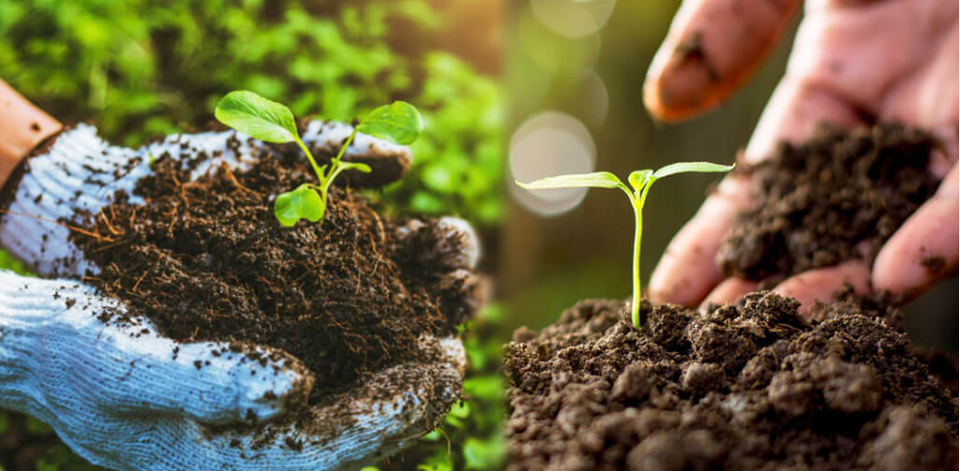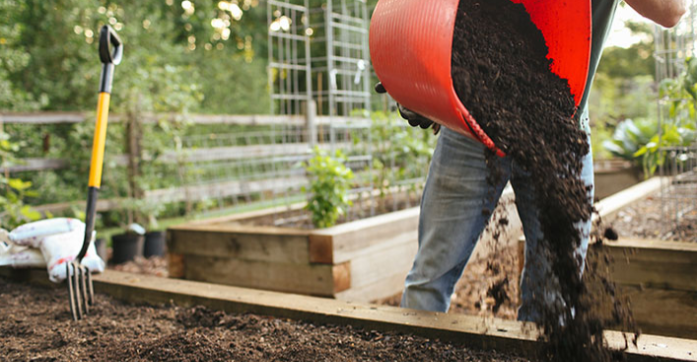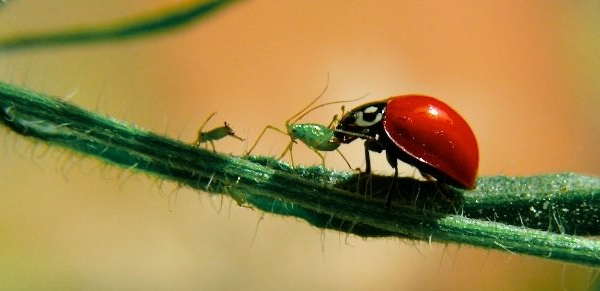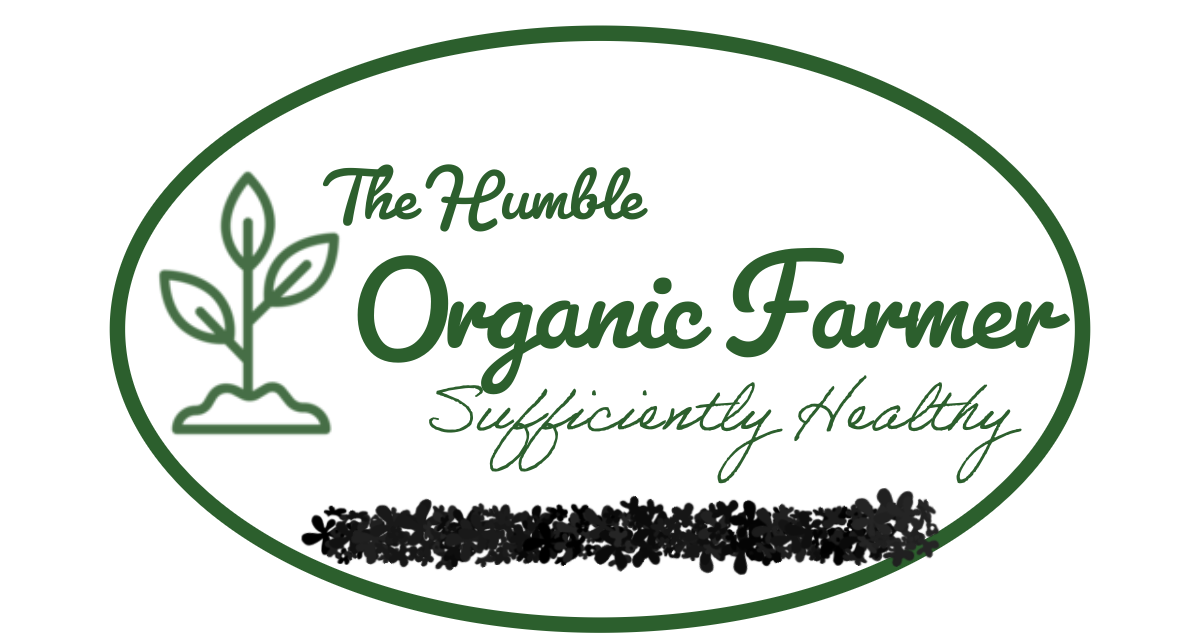Organic gardening is not only rewarding but also a sustainable way of growing food. The next few lines contain a simple beginner’s guide to help you get started as an organic farmer

1. Choose the Right Location
The first thing to do is choose a suitable location. Make sure that the following essentials are available
- Sunlight: Most vegetables need at least six hours of direct sunlight a day. Others need up to eight hours a day. Make sure to Pick a sunny spot.
- Drainage: Almost all crops love well drained areas. Ensure the soil drains well. You can make this environment by raising the beds
- Accessibility: When gardening, make sure that you have access to enough water for your garden, and things like store for your organic disease control remedies, storage stores and market accessibility if you’re gardening as a trade.
2. Prepare your Soil for organic gardening
- Test the Soil: If possible, test your soil’s pH and nutrient levels. Many plants prefer slightly acidic soil (pH 6-7).
- Amend the Soil: You may not need to buy any special fertilizer to improve or amend your soil. Simply add organic matter like compost, well-rotted manure, or organic fertilizers. This will help to improve the soil structure and fertility.

3. Choose Organic Seeds and Plants
- Organic Seeds: Since this is the beginning of your journey, make sure to Purchase certified organic seeds or transplants from trusted suppliers to avoid GMOs and chemicals or even some poor quality seeds. However, once you’ve got started, make sure to safe good healthy seeds for your next season.
- Native Plants: Choose plants that are native to your region, as they tend to thrive better with fewer inputs.
4. Plan Your Garden Layout
- Companion Planting: This method is evident from nature. Consider a forest, it has several trees of different varies and yet thriving. Some plants help each other grow.
- Crop Rotation: Every crop has got their unique nutritional needs. Avoiding planting the same crops in the same spot every year helps to prevent soil depletion (helps to recharge nutrients in the soil) and reduces the amount of pests.
- Spacing: Follow spacing guidelines for each plant to ensure good air circulation and prevent any plant disease.
5. Manage Pests Organically
- Beneficial Insects: For any crop to thrive, there need to be beneficial insects for pollination and to create an ecological balance. Encourage natural predators like ladybugs, bees, and predatory beetles to control harmful pests.
- Neem Oil and Insecticidal Soap: If pests become a problem, use organic solutions like neem oil, baking soda, and any other natural soap.
- Handpicking: Handpicking is the easiest when the garden is very small. However, when the garden grows, it becomes an inefficient process.

6. Use Organic Fertilizers
- Compost: There are many organic fertilizers you can use as a gardener. The cowdung soup, compost , any rich dirt.
7. Plan Harvesting in organic gardening
- Pick at the Right Time: The preacher once wrote, there is time and season for everything. When it comes to the time of harvesting, it is always good practice to harvest at the right time. Do not wait too long once ready for harvest neither pick earlier than it is ripe. The harvested produce on time always tests good than overripe or underripe produce.
- Encourage Growth: The best way to encourage growth is through regular harvesting. Regularity in harvesting encourages production.
8. Keep Learning
- Observe Your Garden: A good organic farmer regularly checks his plants for any sign of pests, diseases, or stress.
- Resources: To be a better organic farmer, you will need to read and keep researching on the tips to improve your organic skills.
9. Stay Patient and Experiment
- Just like the use of natural remedies for treating diseases, Organic gardening is also slow (natural, and to the impatient it feels discouraging) can require patience as plants grow naturally without chemicals.
Conclusion
It is always good to start small with organic gardens. As you gain better experience, keep expanding.
